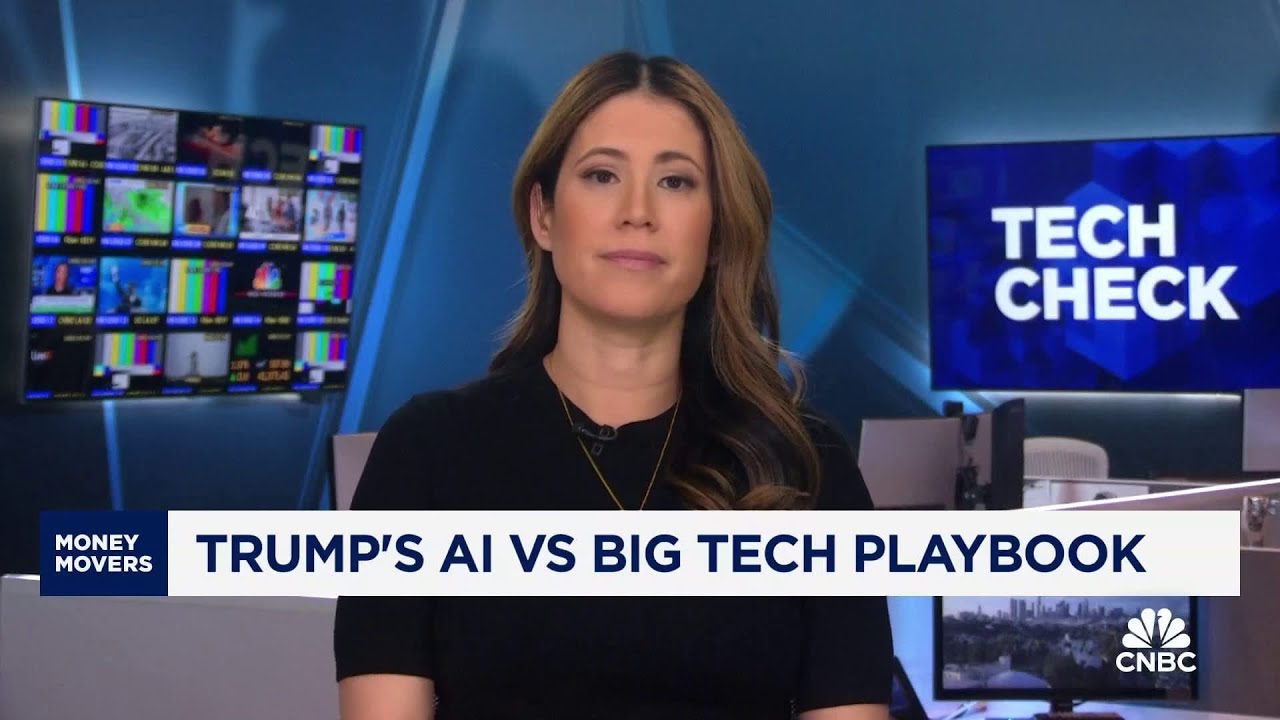OpenAI has proposed a ban on DeepSeek and similar models from China to protect U.S. technological dominance and national security, while also seeking regulatory changes for easier access to copyrighted materials for AI training. The proposal has sparked debate within the AI industry, with some advocating for innovation over regulatory protection.
OpenAI has submitted a comprehensive policy proposal to the Trump administration, advocating for a ban on DeepSeek and other models originating from the People’s Republic of China (PRC). This proposal highlights the urgency of maintaining the United States’ technological dominance, especially as competition with China intensifies. The document begins with a quote from President Trump emphasizing the importance of sustaining America’s global leadership, acknowledging that the gap in technological advancement is narrowing.
The proposal argues that banning DeepSeek and similar PRC-produced models is essential for safeguarding privacy and security. OpenAI’s concerns stem from the rapid advancements being made by Chinese tech companies, which could pose risks to U.S. interests. The distinction between the DeepSeek app and the open-source model is noted, as the latter can be hosted by various American companies, allowing them to modify it to remove censorship. However, OpenAI does not differentiate between the two in its proposal, leading to some criticism from users online.
In addition to the ban, OpenAI and other American AI companies are seeking regulatory changes that would facilitate easier access to copyrighted materials for AI training. This request comes amid ongoing legal challenges from media organizations like The New York Times. By framing the AI competition as a critical national security issue, OpenAI and Google are positioning themselves to request more favorable regulations, including looser data restrictions and export controls.
The regulatory landscape for big tech remains complex, with ongoing scrutiny from the Department of Justice (DOJ) and the Federal Trade Commission (FTC). The DOJ is pursuing a breakup of Google, while the FTC is moving forward with its case against Amazon. Despite this, there are indications that the DOJ may allow Google to maintain its investments in AI startups, potentially paving the way for further investments and mergers in the sector.
Not everyone in the AI industry agrees with OpenAI’s call for preferential treatment. Some argue that the focus should be on innovation rather than regulatory protection, advocating for a competitive environment that encourages out-innovation rather than relying on government intervention. This perspective reflects a broader debate within the tech community about the best approach to maintain leadership in the rapidly evolving AI landscape.
